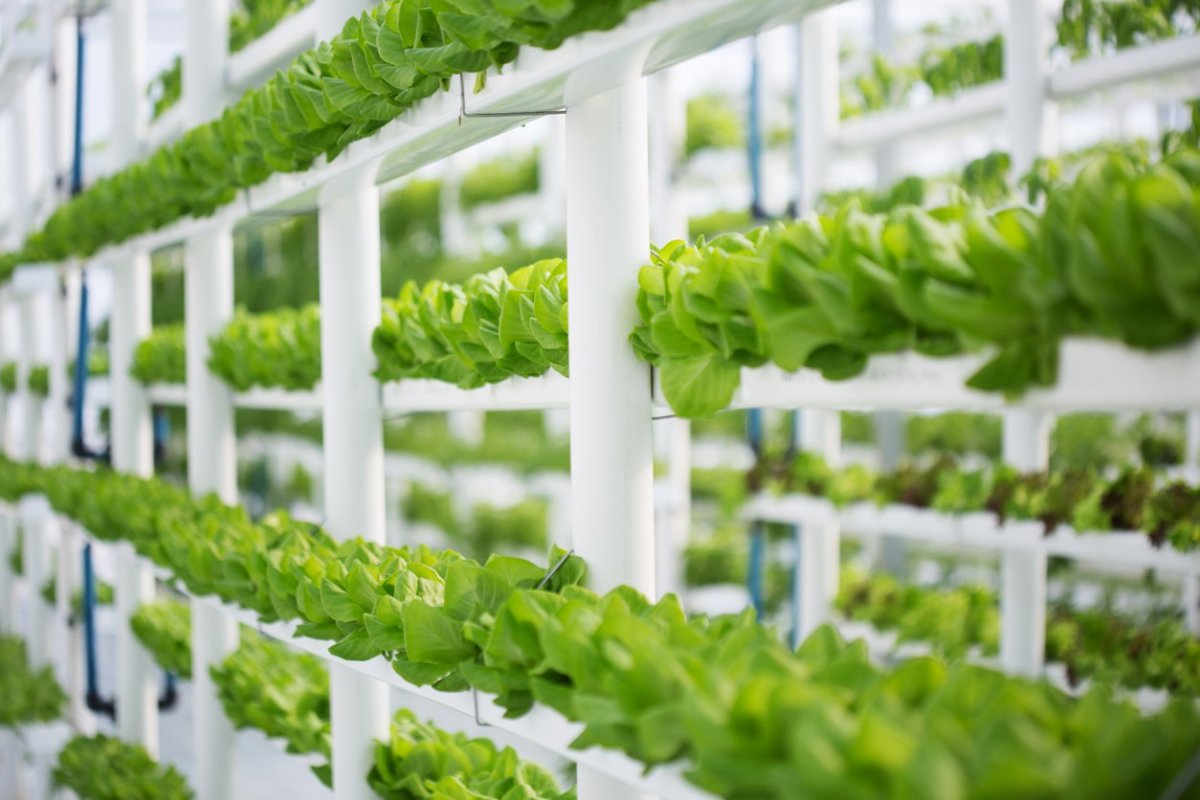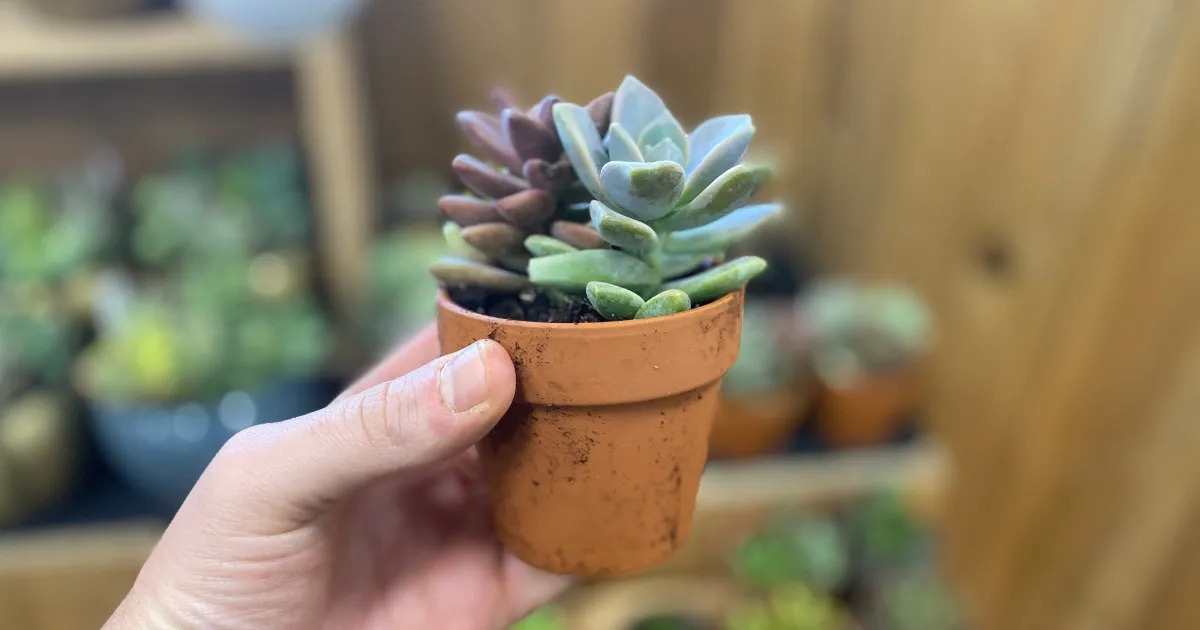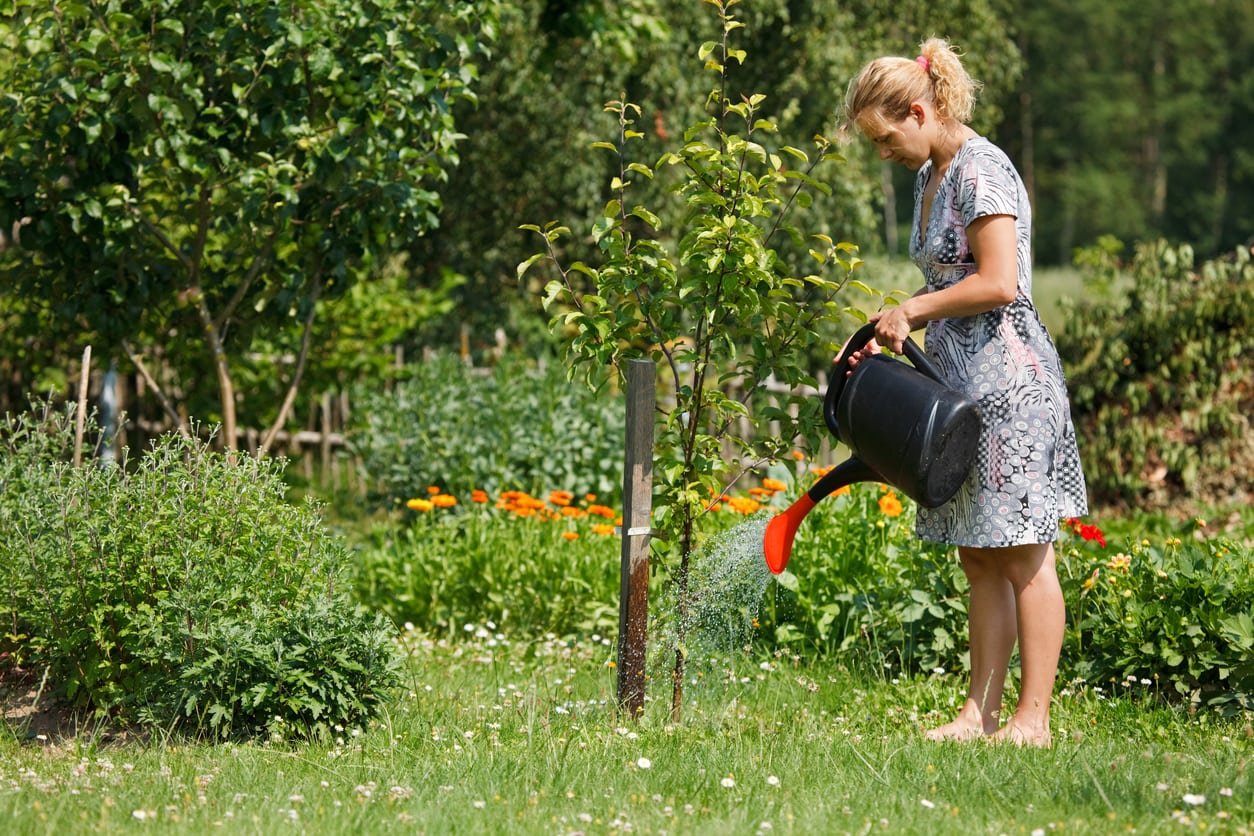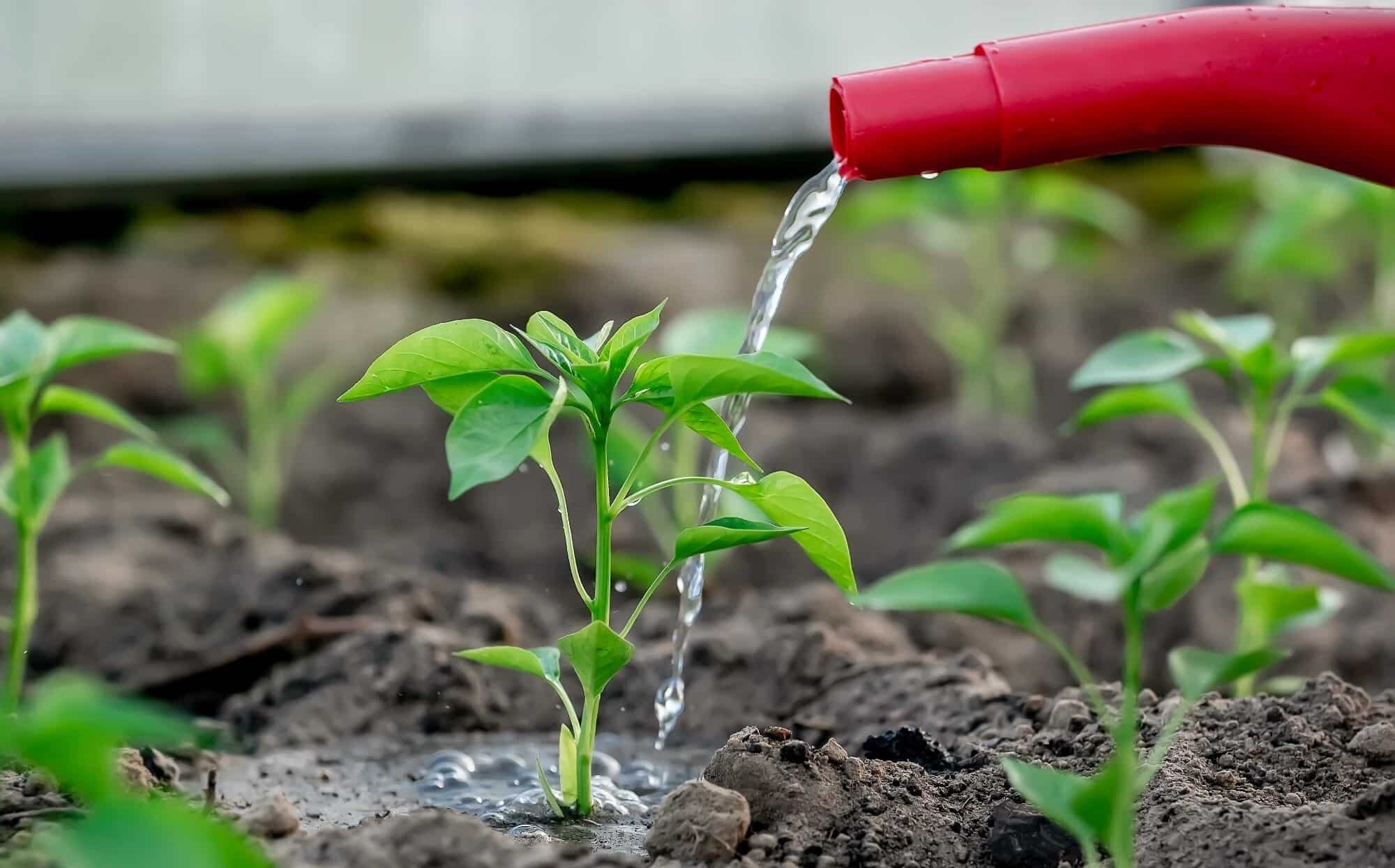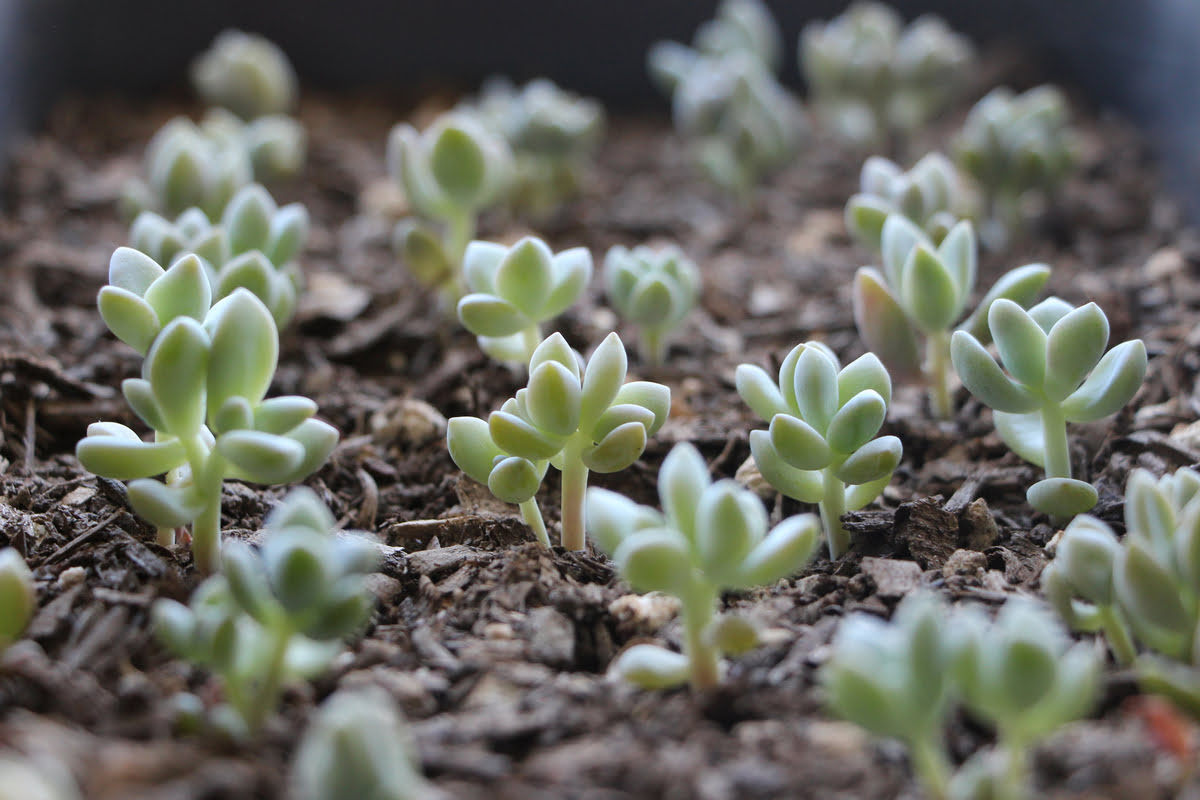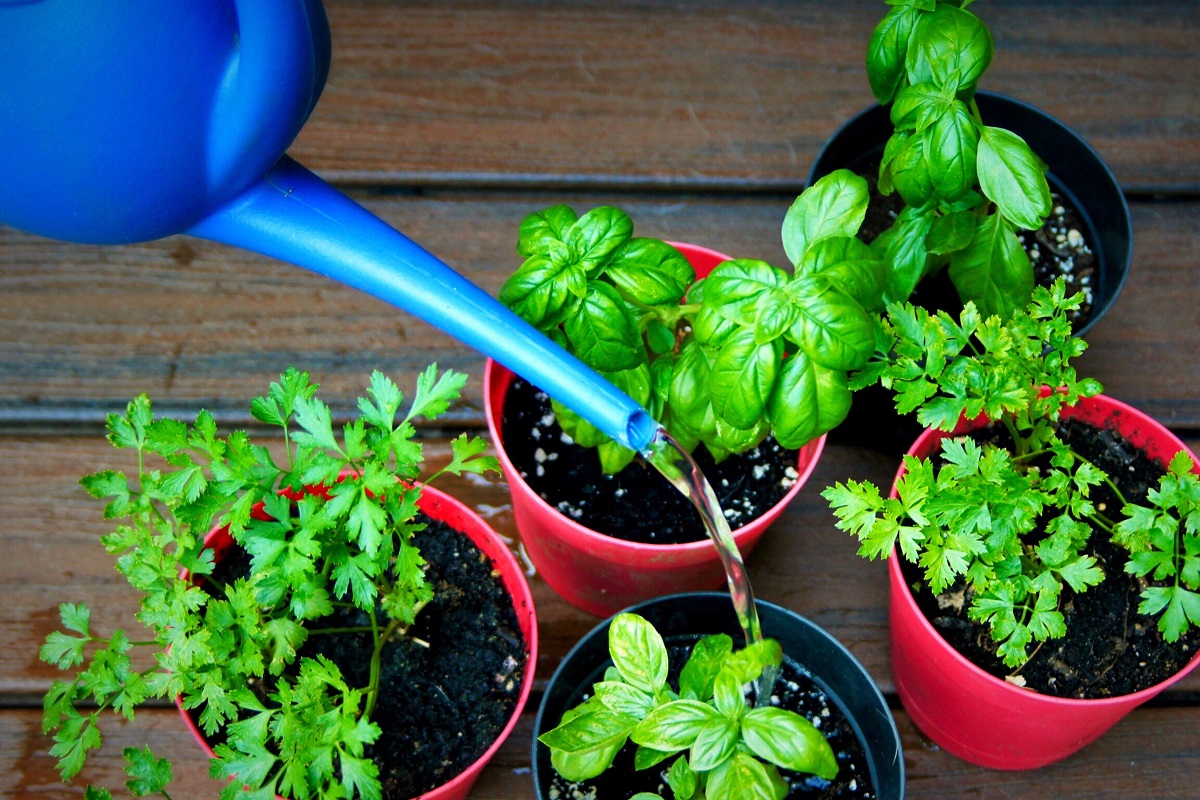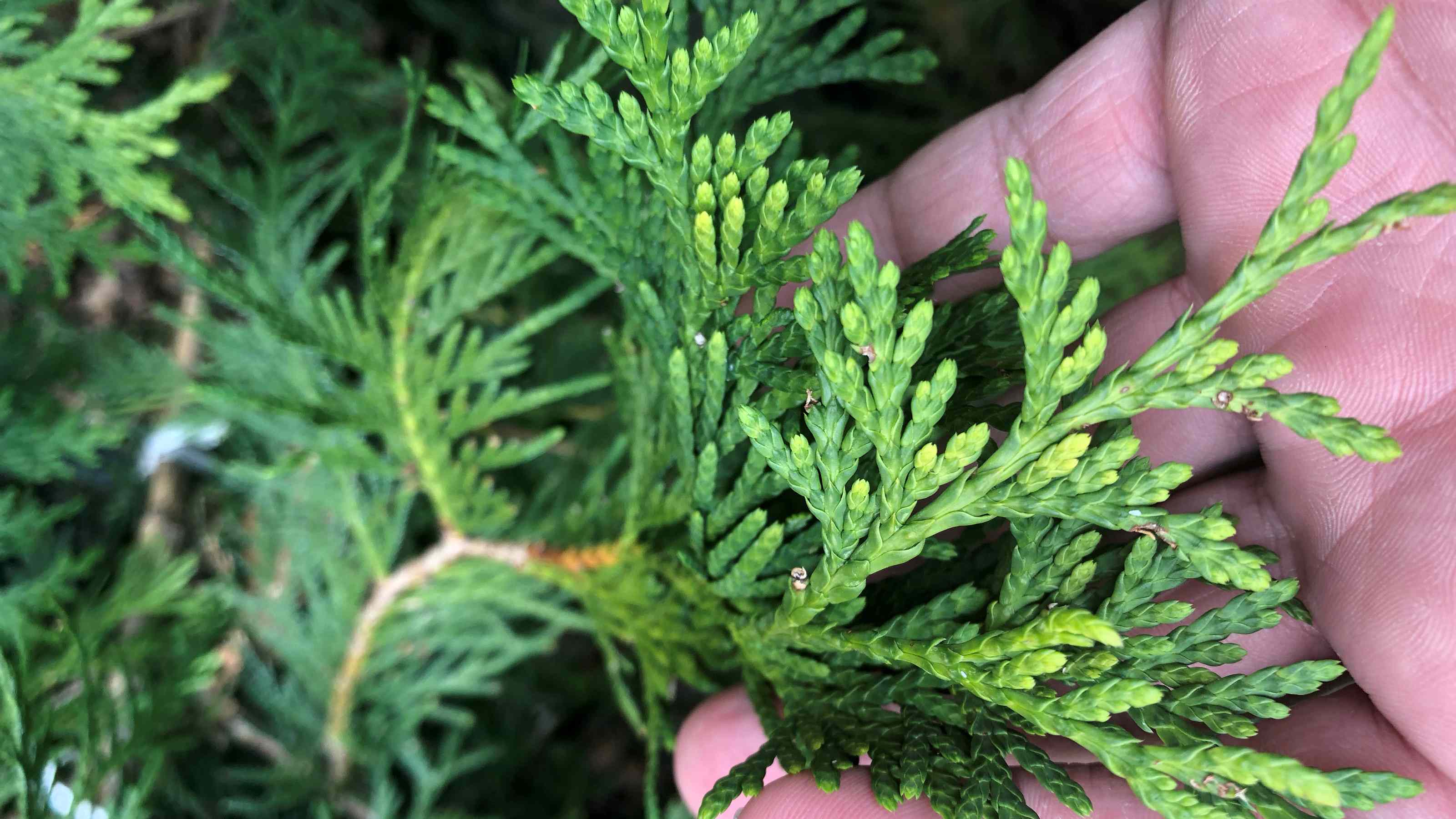Home>Gardening Tips and Tricks>Eco-Friendly Gardening>How Often To Water Compost
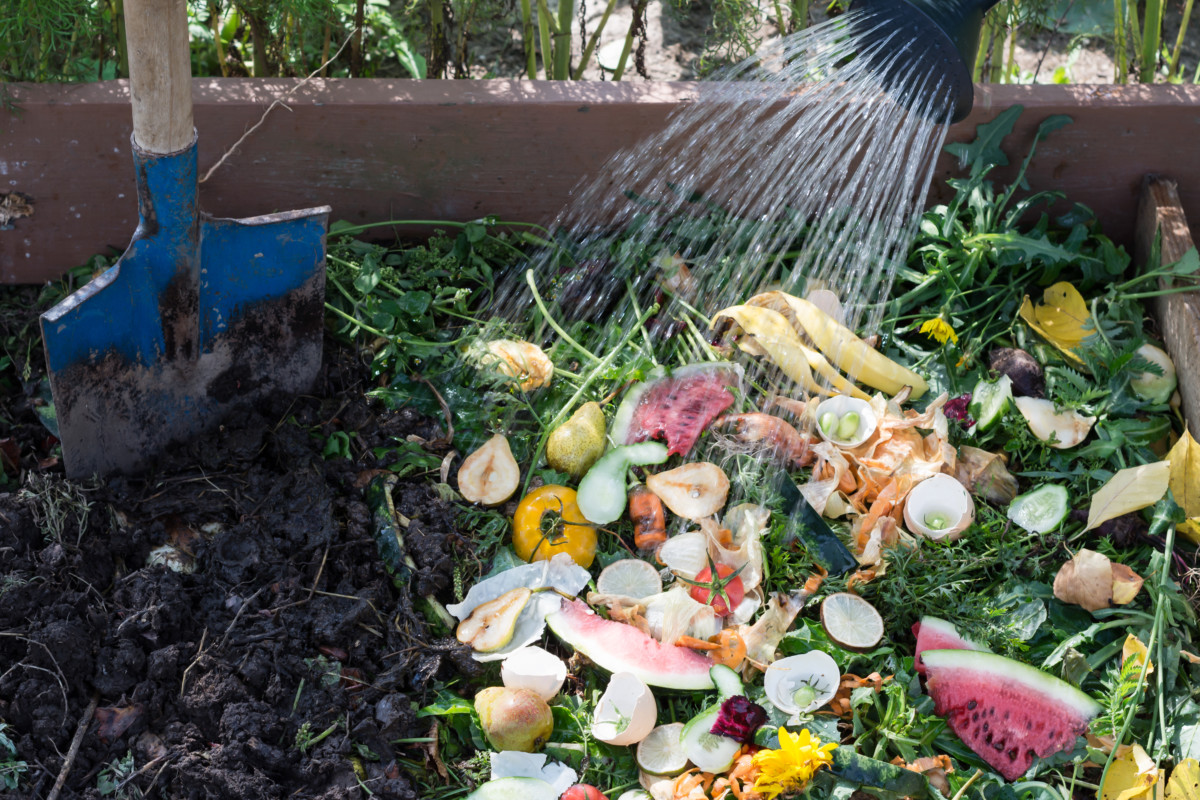

Eco-Friendly Gardening
How Often To Water Compost
Modified: January 22, 2024
Discover the best watering schedule for your compost in eco-friendly gardening. Learn how to maintain optimal moisture levels for healthy decomposition and nutrient-rich soil.
(Many of the links in this article redirect to a specific reviewed product. Your purchase of these products through affiliate links helps to generate commission for Chicagolandgardening.com, at no extra cost. Learn more)
Table of Contents
Introduction
Welcome to the world of eco-friendly gardening! If you’re passionate about sustainable living and want to create a greener environment, then incorporating compost into your gardening routine is a fantastic step. Composting not only reduces waste but also enriches the soil, promoting healthy plant growth and biodiversity. However, understanding how to properly water your compost is crucial to maintain its effectiveness and maximize its benefits.
Watering compost may seem like a simple task, but it’s important to strike the right balance. Too much water can suffocate beneficial microorganisms and lead to unpleasant odors, while insufficient water can hinder the decomposition process. To ensure optimal moisture levels, it’s essential to consider various factors and adjust your watering frequency accordingly.
In this article, we’ll explore the key factors that affect the frequency of watering compost, how to determine its moisture requirements, and signs of both overwatering and under-watering. We’ll also provide helpful tips for watering compost effectively to maintain a healthy and thriving composting system in your garden.
So, whether you’re a seasoned gardener looking to refine your techniques or a beginner excited to embark on your composting journey, this article will guide you on how often to water your compost and ensure the success of your eco-friendly gardening endeavors.
Factors Affecting the Frequency of Watering Compost
Several factors come into play when determining how often you should water your compost. Understanding these factors will help you create the ideal moisture environment for your compost pile or bin:
- Size of the compost pile: The size of your compost pile or bin affects how quickly it dries out. Larger piles tend to retain moisture better and require less frequent watering compared to smaller ones.
- Compost ingredients: The types of materials you add to your compost also influence its moisture retention. Ingredients such as fresh greens and kitchen scraps provide moisture, while dry materials like leaves and straw may require additional watering.
- Weather conditions: The weather plays a significant role in determining how quickly your compost dries out. Hot, dry climates may necessitate more frequent watering, whereas cooler and more humid conditions may require less.
- Aeration: Proper aeration is crucial for composting, as it promotes decomposition and helps to prevent waterlogged conditions. Well-aerated compost tends to require less frequent watering, as excess moisture evaporates more efficiently.
- Microorganisms’ activity: The level of microbial activity in your compost affects its moisture needs. During periods of active decomposition, microorganisms generate heat and moisture, which can increase the overall moisture levels.
- Water retention capacity of the compost: The composition of your compost mix determines its water retention capacity. Composts with higher organic matter content, such as well-decomposed humus, tend to retain moisture better and require less frequent watering.
By considering these factors, you can gauge how often you should water your compost and make adjustments based on specific conditions. It’s essential to monitor the moisture levels regularly and make informed decisions to ensure optimum composting conditions and successful breakdown of organic matter.
Understanding the Moisture Requirements of Compost
Properly understanding the moisture requirements of compost is essential for maintaining its health and effectiveness. Compost should ideally be kept consistently moist, similar to a damp sponge. Here are some key points to consider:
Moderate Moisture: Compost should have enough moisture to support microbial activity and decomposition but not so much that it becomes waterlogged. Aim for a moisture level of around 40-60%, which provides a perfect environment for beneficial organisms to thrive.
Moisture Testing: You can assess the moisture content using the squeeze test. Take a handful of compost and squeeze it gently. If it releases a few drops of water and holds its shape when you open your hand, then it is adequately moist. If it is dry and crumbles easily, it needs watering, and if water drips out excessively, it may be too wet.
Consistency: Consistency is key; try to maintain an even level of moisture throughout the compost pile or bin. Water should be distributed evenly to prevent pockets of excessive dryness or wetness, which can impede the composting process.
Watering Method: When watering, it’s best to use a gentle and steady flow of water to ensure it penetrates evenly throughout the pile. Avoid using a strong stream of water that could potentially wash away valuable nutrients or disturb the compost structure.
Frequency of Watering: The frequency of watering will depend on the factors discussed earlier, such as compost size, weather conditions, and the moisture retention capacity of the compost. Regular monitoring and adjustment will help you maintain the appropriate moisture levels.
Rainfall Considerations: If you live in an area with frequent rainfall, it’s important to consider the additional moisture your compost receives. You may need to adjust your watering frequency accordingly to prevent oversaturation.
By understanding and meeting the moisture requirements of your compost, you’ll create the ideal environment for microbial activity, decomposition, and nutrient-rich humus formation. Striking the right balance will ensure that your compost remains healthy, productive, and ready to enrich your garden.
Signs of Overwatering Compost
While providing adequate moisture is essential for composting, overwatering can have negative effects on the overall health of the compost pile or bin. It’s crucial to recognize the signs of overwatering to take corrective measures. Here are some common indicators:
- Foul Odor: Overwatered compost often emits a strong, unpleasant odor. This is caused by the lack of oxygen due to excessive moisture, leading to anaerobic conditions and the proliferation of harmful bacteria.
- Slimy Texture: When compost is overwatered, it takes on a slimy texture. Excessive moisture prevents the compost from maintaining its desired porous structure, resulting in a dense, compacted mass.
- Poor Drainage: If water is pooling on the surface or seeping out excessively from the compost, it is a clear sign of overwatering. Properly composted materials should have good drainage, allowing water to flow through and prevent waterlogging.
- Lack of Aeration: Overwatering can suffocate the beneficial microorganisms essential for decomposition. When the compost becomes waterlogged, the lack of oxygen inhibits the activity of aerobic organisms, slowing down the composting process.
- Slow Decomposition: Excessive moisture can hinder the breakdown of organic matter. The excess water creates a barrier between the microorganisms and the materials, making it more challenging for them to access and break down the organic material efficiently.
- Weed and Seed Germination: Overwatered compost may encourage the growth of weeds and the germination of unwanted seeds. Weeds thrive in moist conditions, so if you notice an abundance of weed growth in your compost, it could be a sign of overwatering.
Recognizing these signs allows you to take prompt action to remedy the situation. If you suspect that your compost is overwatered, cease watering until it dries out. Introduce more dry materials, such as leaves or straw, to absorb the excess moisture, and ensure proper aeration to restore a balanced and healthy composting environment.
Remember, maintaining the right moisture level is crucial for a successful composting process. By being attentive to signs of overwatering, you can prevent potential problems and foster optimal conditions for compost decomposition.
Signs of Under-Watering Compost
Properly watering your compost is crucial for maintaining its health and promoting efficient decomposition. Under-watering can impede the composting process and result in a dry, stagnant pile. Here are some signs to look out for that may indicate your compost needs more water:
- Dry and Crumbly Texture: When compost lacks sufficient moisture, it becomes dry and crumbly to the touch. It may disintegrate easily, indicating a lack of moisture needed for microbial activity and decomposition.
- Slow Decomposition: Without enough moisture, the breakdown of organic matter in the compost slows down significantly. You may notice that materials take longer to decompose or remain largely intact, which hinders the formation of nutrient-rich humus.
- Lack of Earthy Smell: A healthy compost pile should have a pleasant, earthy smell. However, under-watered compost tends to lack this smell, often resulting in a musty or dry odor.
- Poor Drainage and Dryness: If water quickly runs off the compost pile, leaving it dry or barely damp, it indicates a lack of water retention. Properly watered compost should have sufficient moisture and good drainage to maintain the ideal moisture level.
- Lack of Worms or Other Organisms: Beneficial organisms like worms, insects, and microorganisms thrive in a moist compost environment. If you notice a lack of these organisms in your compost, it may be an indication that the moisture level is too low.
- Lack of Heat: Composting generates heat as the organic matter decomposes. Under-watered compost often lacks the necessary moisture to generate this heat, resulting in a pile that remains relatively cool.
If you observe any of these signs, it’s crucial to provide your compost with the moisture it needs. Water the compost thoroughly, ensuring that the water penetrates evenly throughout the pile. You can also add moisture-rich materials like kitchen scraps or fresh greens to help increase the overall moisture content.
Monitoring the moisture level regularly and adjusting your watering routine accordingly will ensure a healthy composting process. Remember, finding the right balance is essential. Maintaining proper moisture levels will promote decomposition, encourage beneficial organisms, and help you achieve nutrient-rich compost for your gardening needs.
Optimal Frequency for Watering Compost
The frequency of watering your compost depends on various factors discussed earlier, such as compost size, composition, weather conditions, and the moisture retention capacity of the compost. While there is no one-size-fits-all answer, here are some general guidelines to help you determine the optimal frequency for watering your compost:
Regular Monitoring: It’s important to regularly monitor the moisture content of your compost by performing the squeeze test or using a moisture meter. This will give you a good understanding of its moisture needs and allow you to adjust your watering frequency accordingly.
Weather Conditions: Take into account the prevailing weather conditions in your area. Hot and dry climates will likely require more frequent watering, while cooler and more humid climates may require less. Pay attention to rainfall as well, as it can supplement or diminish the need for additional watering.
Compost Size and Composition: Larger compost piles tend to retain moisture better than smaller ones. If you have a small compost bin, you may need to water more often to maintain the desired moisture level. Additionally, the composition of your compost, such as the ratio of greens to browns, can affect its moisture needs. Greens like fruit and vegetable scraps provide moisture, while browns like dry leaves help absorb excess moisture.
Moisture Retention Capacity: Composts with higher organic matter content, such as well-decomposed humus, generally retain moisture better and may require less frequent watering. Understanding the water retention capacity of your compost can help you determine the optimal frequency for watering.
Balance is Key: Striking the right balance is crucial for successful composting. Aim for consistently moist but not waterlogged compost. If your compost feels excessively wet, reduce the watering frequency. If it feels too dry, increase the frequency or add moisture-rich materials to restore the moisture level.
Remember that these guidelines serve as a starting point, and adjustments may be necessary based on the unique conditions of your composting system. Regularly observe your compost, make note of its response to watering, and adapt your routine accordingly to maintain the optimal moisture level.
By finding the right balance and providing your compost with the appropriate amount of water, you’ll create an environment that fosters healthy decomposition, microbial activity, and nutrient-rich humus formation.
Tips for Watering Compost Effectively
Watering your compost effectively is key to maintaining optimal moisture levels and promoting successful decomposition. Here are some valuable tips to ensure that you water your compost in the most efficient and effective way:
- Use a gentle flow: When watering your compost, use a gentle flow of water to prevent disturbing the compost materials or causing them to wash away. A watering can or a gentle hose attachment is ideal for this purpose.
- Water evenly: Be sure to distribute water evenly throughout the compost pile or bin. This ensures that moisture is absorbed uniformly and prevents the formation of dry or waterlogged spots.
- Moisten dry materials: If you notice dry or high-carbon materials in your compost, such as dry leaves or straw, give them a thorough watering before adding them to the pile. This helps to balance moisture levels and encourages better decomposition.
- Adjust watering frequency: Regularly monitor the moisture content of your compost and adjust the frequency of watering accordingly. Consider factors such as weather conditions, compost size, and the moisture retention capacity of the compost to determine how often you need to water.
- Consider compost pile location: If your compost pile is exposed to direct sunlight or windy conditions, it may dry out more quickly. In such cases, you may need to increase the frequency of watering or provide shade to prevent excessive evaporation.
- Recycle rainwater: Take advantage of rainfall to supplement your compost’s moisture needs. Collect rainwater in a barrel or container, and use it to water your compost when needed. This conserves water and provides your compost with natural, chemical-free moisture.
- Beware of overwatering: While it’s important to maintain adequate moisture, be careful not to overwater your compost. Overwatering can lead to a lack of oxygen, foul odors, and slowed decomposition. Use the squeeze test to determine if your compost needs watering, and adjust accordingly.
- Aerate regularly: Proper aeration is crucial for composting. Regularly turn or mix your compost to promote airflow, which helps moisture evaporate and prevents waterlogging. Aeration also promotes the growth of beneficial aerobic bacteria and speeds up the decomposition process.
- Consider compost cover: During heavy rain or periods of excessive moisture, covering your compost pile or bin with a tarp or plastic sheet can help prevent oversaturation. Make sure the covering allows for proper airflow to avoid suffocating the compost.
- Trust your senses: Pay attention to visual cues, such as the overall appearance and texture of your compost, as well as the smell. Your senses can provide valuable insight into its moisture needs. Be observant and make adjustments accordingly.
By following these tips, you will effectively manage the moisture levels in your compost and create an environment that promotes efficient decomposition, beneficial microbial activity, and nutrient-rich humus formation. Remember, finding the right balance and adjusting your watering routine based on the unique conditions of your composting system will lead to successful eco-friendly gardening practices.
Conclusion
Effectively watering your compost is essential for maintaining its health, promoting efficient decomposition, and reaping the benefits of nutrient-rich humus in your garden. By considering factors such as compost size, composition, weather conditions, and moisture retention capacity, you can determine the optimal frequency for watering. Regular monitoring and adjustments will ensure that your compost remains consistently moist but not waterlogged.
Recognizing the signs of overwatering, such as foul odors, slimy texture, and poor drainage, allows you to take corrective measures to restore a healthy composting environment. Conversely, addressing the signs of under-watering, such as dry and crumbly texture, slow decomposition, and lack of earthy smell, ensures that your compost receives sufficient moisture for microbial activity and decomposition.
Implementing the tips for watering compost effectively, such as using a gentle flow of water, watering evenly, adjusting watering frequency, and considering compost pile location, will help you create an ideal moisture environment for your composting system.
Remember, composting is a journey that requires observation, patience, and understanding. Regularly monitoring the moisture levels, adjusting your watering routine, and providing proper aeration will ensure the success of your composting endeavors.
So go ahead, dive into the world of eco-friendly gardening, and embrace the power of composting. By incorporating these watering techniques, you’ll not only reduce waste but also nurture your soil, promote sustainable practices, and create a healthier, more vibrant garden ecosystem.
